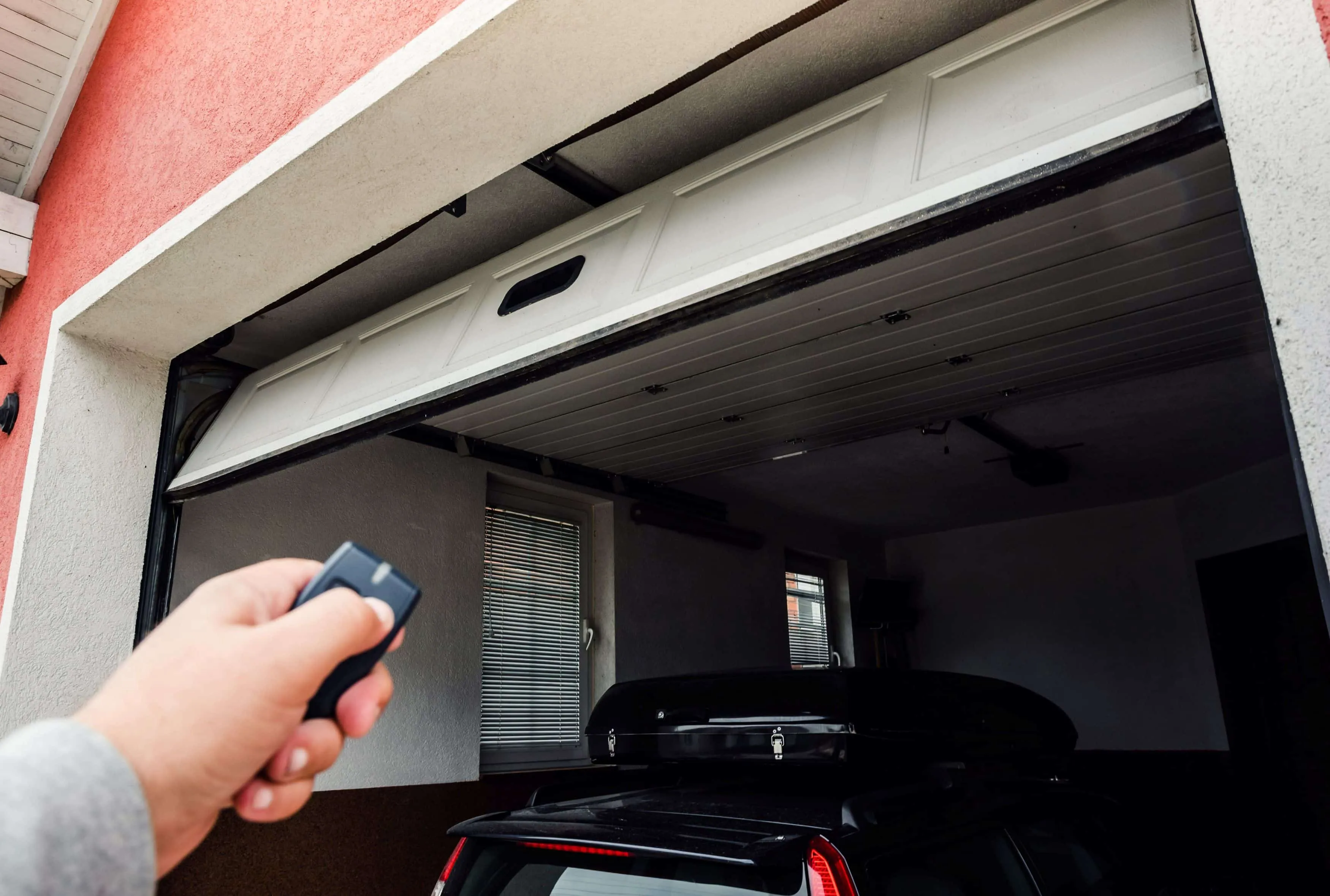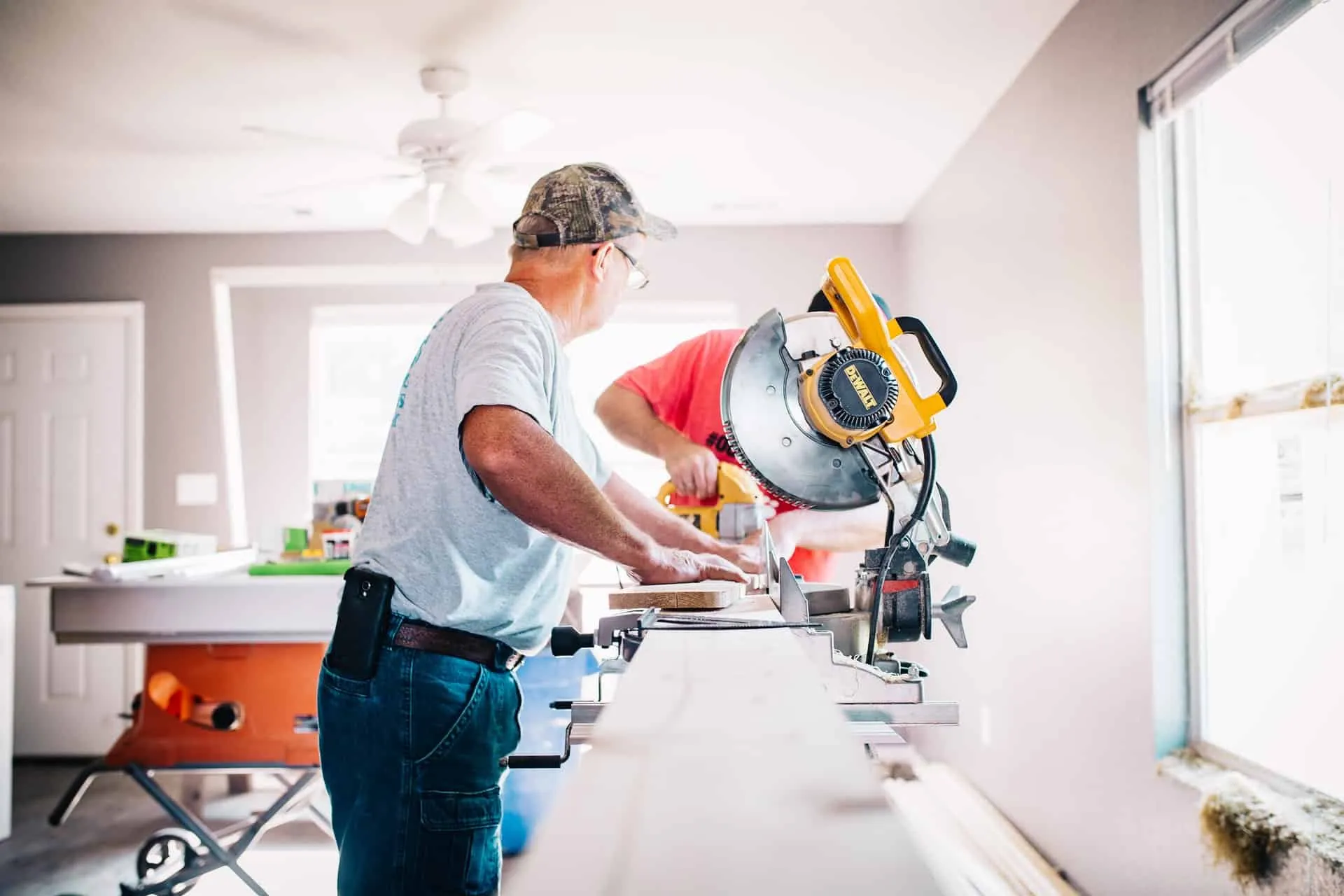7 Things to Consider Before Submitting a Home Purchase Offer
Buying a house, especially your first home, is one of the most memorable and defining moments in a person's life. It's a milestone that many strive for early in their career. When it comes to life goals, purchasing your first home is probably one of the most stressful. This is because when choosing a place that will become your home for a long time, you need to consider many aspects.
Therefore, if you have found real estate that seems like your dream home, don't rush to make an offer. Before calling movers to pack and relocate, you should ask many questions and consider a number of criteria. To help you make the right decision, here are several things to do before submitting an offer.

1. Research the Neighborhood
When searching for a home, you shouldn't skimp on research. Learn everything possible about the location of your potential property. Even if you haven't selected a home yet, research potential areas where you might want to live. Limit your choices of neighborhoods based on your lifestyle, work and transportation needs, as well as, of course, your budget.
You should also consider the school district where your new address falls. Even if you don't have children now, school districts are important if you plan to start a family in the future. Also, pay attention to proximity to amenities that matter to you: stores, hospitals, bars and gyms. It's also useful to look into the crime level in that area.
Use many online tools to 'explore' your new neighborhood and ensure it doesn't have hidden issues that could be a deciding factor for you. If you've chosen a house, it may also help to learn more about your potential neighbors. People with whom you'll live on the same street or in the same building are an important factor. Talk to neighbors and check if they're people you'd like to live next to.
2. Ensure the Price is Right
If you've found a house you like in an area that meets your requirements, determine whether the price you'll pay for this property fits within your finances. One of the factors to consider is the state of the real estate market and the possibility of purchasing at this time.
You should also look into average prices on the market in that area and compare prices of similar properties with the same square footage. Calculate all figures and make sure your mortgage will be within your monthly budget. Also, keep in mind that the mortgage won't be the only monthly payment after purchasing a home, so plan for utility bills and other maintenance expenses. You might also want to ask sellers for an estimate of their utility costs so you can calculate these expenses yourself before submitting your offer.
3. Inspect the House Itself
An important question before submitting an offer to buy a home is why the current owner is selling. For example, if you learn they're moving because the house is too far from public transport, it might be worth reconsidering your choice if you also use public transportation. You can also find out how long the house has been on the market (DOM) and its history – this information can help in negotiating the price.
4. Conduct a Calm Inspection
Never submit an offer on a property before doing more than one calm inspection. Even if you're in love with the house, don't rush to make an offer. You might miss small or even serious flaws during your first visit. Before making an offer, try to arrange an additional inspection and bring someone else along for a fresh perspective. Check what you might have overlooked.
A house 'for show' often hides potential flaws, so make sure you've checked everything important. Is there enough storage space? Are the floors level? Is there sufficient natural light? It might be helpful to create a checklist and verify items during the inspection.
5. Get a Professional Home Inspection
Once you start the process of submitting an offer on your preferred property, you have the right to conduct a professional home inspection. A professional inspection will not only check the structural integrity of the house, pointing out possible repairs that may be needed, but also look for pests such as termites, hazardous substances like mold, and the presence of other dangerous residues such as methamphetamine or asbestos.
6. Secure Proper Financing
If you haven't had a sudden influx of money, inheritance or haven't won the lottery, there's a high chance you won't have enough funds to pay for your new home upfront. That's why getting good financing is an important factor before buying a house. Make sure you have a good credit rating to secure favorable financing rates. You can also use online mortgage calculators to estimate the possible monthly payment amount. This will help determine exactly how much money you need to save for your new home.
7. Get Legal Advice
It's always wise to speak with a real estate attorney before finalizing the purchase. A lawyer can help ensure your offer is not too high or low, assist in drafting a contract and, most importantly, protect you from fraud.
Need a renovation specialist?
Find verified professionals for any repair or construction job. Post your request and get offers from local experts.
You may also like
More articles:
 6 Signs It's Time to Sell Your Home
6 Signs It's Time to Sell Your Home 6 Signs That Gate Springs Need Replacement
6 Signs That Gate Springs Need Replacement 6 Smart Ways to Improve Your Home
6 Smart Ways to Improve Your Home 6 Steps to Disinfect and Shine Your Sink
6 Steps to Disinfect and Shine Your Sink 6 Steps to Designing Your Dream Home
6 Steps to Designing Your Dream Home 6 Summer Living Rooms That Will Be Remembered
6 Summer Living Rooms That Will Be Remembered 6 Things to Consider When Choosing Commercial Property Insurance
6 Things to Consider When Choosing Commercial Property Insurance 6 Things You Need If You Want to Make Your Own Furniture
6 Things You Need If You Want to Make Your Own Furniture